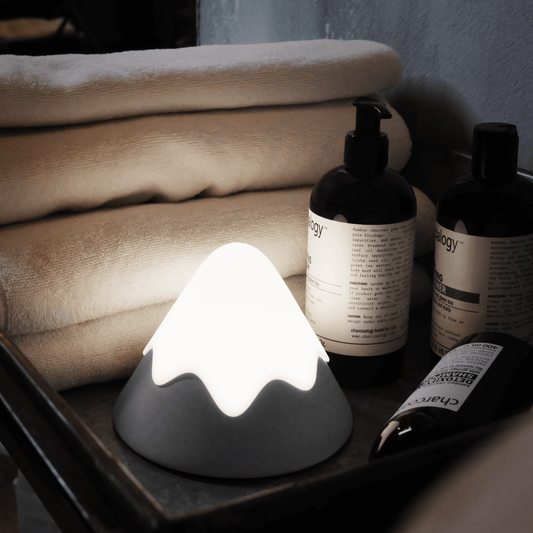Essential oils are concentrated plant extracts that are used for their fragrance and therapeutic properties. They can be inhaled, applied topically, or used in diffusers to help manage stress, improve sleep, and promote relaxation. However, some essential oils should be avoided during pregnancy due to their potential adverse effects on both the mother and the developing fetus.

Here are a few essential oils that pregnant women should avoid.
Basil, Clary Sage, Jasmine, Cedarwood, Thyme, Juniper, Anise and Mugwort
All of these essential oils contains certain compounds that can act on the uterus, leading to contractions. This can be harmful during pregnancy, as uterine contractions can lead to preterm labor or in extreme situations a miscarriage.
Uterine contractions are the rhythmic muscular contractions of the uterus that occur during childbirth and during the menstrual cycle. During labor, uterine contractions help to push the baby out of the uterus and through the birth canal.
Uterine contractions are caused naturally by the release of the hormone oxytocin from the pituitary gland when it's time to give birth.
These essential oils are recommended to be avoided.
Rosemary
Rosemary essential oil is not recommended for use during pregnancy due to its potential to increase blood pressure and circulation. Rosemary essential oil contains certain compounds that can stimulate the circulatory system and increase blood flow. This can be harmful during pregnancy, as high blood pressure and increased circulation can put extra strain on the heart and blood vessels.
In addition, some studies have suggested that rosemary essential oil may have estrogenic activity, which means it may mimic the effects of the hormone estrogen in the body. Estrogen can affect the uterus and may increase the risk of complications during pregnancy.
Peppermint
Peppermint essential oil is not recommended for use during pregnancy because it can relax the muscles of the uterus. Peppermint essential oil contains certain compounds that can act on the muscles of the uterus, causing them to relax. This can be harmful during pregnancy, as relaxing the muscles of the uterus can lead to a miscarriage.
In addition, peppermint essential oil can be absorbed through the skin and may reach the bloodstream. It is not clear how peppermint essential oil may affect the developing fetus, but it is generally recommended to avoid using it during pregnancy as a precaution.
It is important to note that essential oils should be used with caution during pregnancy. Pregnant women should consult with their healthcare provider before using any essential oils. In general, it is recommended to use essential oils in small amounts, and to dilute them with a carrier oil such as coconut oil or almond oil before applying them topically. Pregnant women should also avoid using essential oils in the first trimester, when the fetus is most vulnerable to the effects of chemicals.
In conclusion, pregnant women should avoid using certain essential oils due to their potential to stimulate uterine contractions. Please note we are not medical professionals and our opinions are based on research, a healthcare professional should always be consulted before you use any essential oils. At your next trip to the doctors its a good question to pop on your list.




















